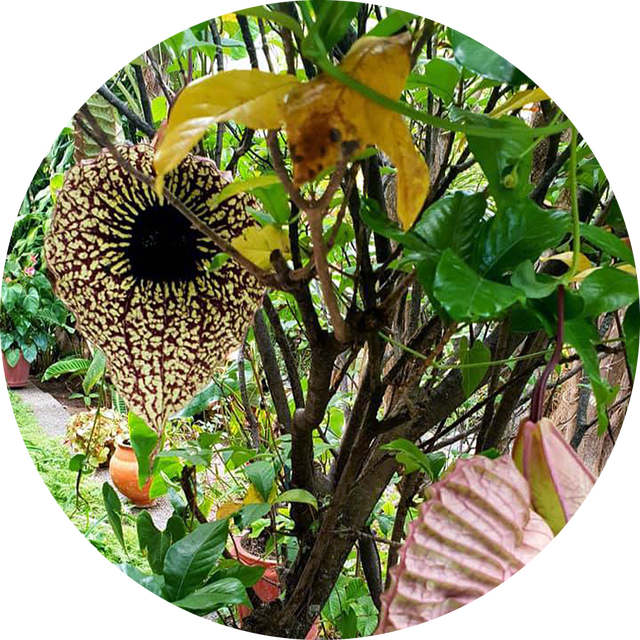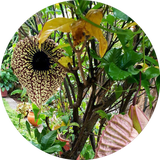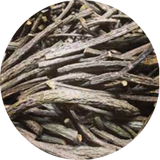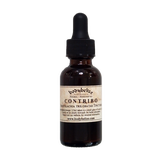- PLANT MEDICINE
- >
- Tinctures
- >
- CONTRIBO TINCTURE
CONTRIBO TINCTURE
Family: Aristolochiaceae
Genus: Aristolochia
Species: Aristolochia grandiflora
Synonyms: Aristolochia gigantea
Common Names: Contribo, Giant Pelican Flower
Parts Used: Leaves, stems, roots
Main Actions: Anti-inflammatory, Analgesic, Antioxidant
Other Actions: Antimicrobial, Antipyretic
Description: Aristolochia grandiflora, commonly known as Contribo or Giant Pelican Flower, is a perennial vine native to Central and South America. It features large heart-shaped leaves and striking, unusual flowers resembling a pelican's beak.
Tribal and Herbal Medicine Uses: In traditional medicine, Contribo has been used for various purposes including treating inflammation, pain relief, and fever reduction. It is also employed as a remedy for microbial infections.
Plant Chemicals: The plant contains various chemical compounds including aristolochic acids, flavonoids, alkaloids, and tannins.
Biological Activities and Clinical Research: Research indicates that Contribo exhibits anti-inflammatory and analgesic properties attributed to its constituents such as aristolochic acids. Limited studies suggest its potential in microbial infections due to its antimicrobial activity.
Current Practical Uses: Contribo is primarily utilized in herbal medicine for managing inflammation, alleviating pain, and as an adjunctive treatment for certain infections. It may also find applications in dietary supplements and herbal formulations.
Main Preparation Method: Contribo is often prepared as an infusion or decoction from its leaves, stems, or roots.
Main Actions (in order): Anti-inflammatory, Analgesic, Antioxidant
Main Uses: Inflammation management, Pain relief
Properties/Actions Documented by Research: Anti-inflammatory, Analgesic
Other Properties/Actions Documented by Traditional Use: Antipyretic, Antimicrobial
Cautions: Due to the presence of aristolochic acids, long-term use or high doses of Contribo may pose a risk of nephrotoxicity and carcinogenicity. It should be used cautiously and under the supervision of a qualified healthcare practitioner.
Traditional Preparation: Traditionally, Contribo preparations involve boiling the plant parts in water to make decoctions or infusions for oral consumption.
Contraindications: Contribo should be avoided during pregnancy and lactation due to potential adverse effects. Individuals with pre-existing kidney conditions or liver diseases should also refrain from its use.
Drug Interactions: There is limited information regarding potential drug interactions with Contribo. However, caution is advised when combining it with medications metabolized by the liver or those with potential nephrotoxic effects.
Recommended dosage: 2.5ml taken in a small glass of water or juice 2 x daily on an empty stomach for better absorption.





